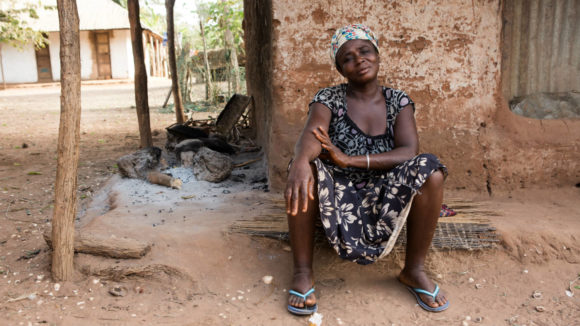Sightsavers’ research on NTDs and disability is published by Oxford University Press
Research conducted by Sightsavers that looks at the relationship between disabilities and neglected tropical disease treatment has been published by Oxford University Press.
The research, published via the Royal Society of Tropical Medicine & Hygiene, discusses the negative health, financial and socio-cultural consequences that are experienced by both people with neglected tropical diseases (NTDs) and people with disabilities.
The research states: “We believe that disability is not yet prioritised on the development agenda, and that there are multiple opportunities to make NTD programming more inclusive to the benefit of those at this neglected intersection and beyond.”
The research also identifies the need to scale up, integrate and invest in inclusive NTD programmes that are focused on health systems. It says: “Realisation of the Sustainable Development Goals, universal health coverage and the control and elimination of NTDs all rely on ensuring people with disabilities are not left behind.”

Read the full research
The report, entitled ‘People are neglected, not diseases: the relationship between disability and neglected tropical diseases’, has been published on the Oxford University Press website.
View on research siteHow disability and NTDs overlap in our work
Malam Mubarak is a volunteer from Nigeria who distributes treatment for NTDs. He also has a disability: a limp on his left side.
He has found that his disability increases people’s willingness to accept the treatment. “I tell them my leg was not like this before. I explain everything so they will collect and use the treatment. I can give them hope of recovering.”
Read all our latest news stories
News from Sightsavers
As Global Disability Summit 2025 ends, can world leaders deliver on promises and target inequality?
After seven years and three summits, are we making the progress we so vitally need?

From classroom to career: Lyne’s story
IT Bridge Academy graduate Lyne shares how she overcame barriers and disability discrimination to secure her dream job as a technical support engineer.

Global Disability Summit 2025: Sightsavers calls for stronger commitment to inclusion
Sightsavers will host two events and two exhibition spaces at the event in Berlin on 2-3 April, calling on attendees to join us in targeting inequality.